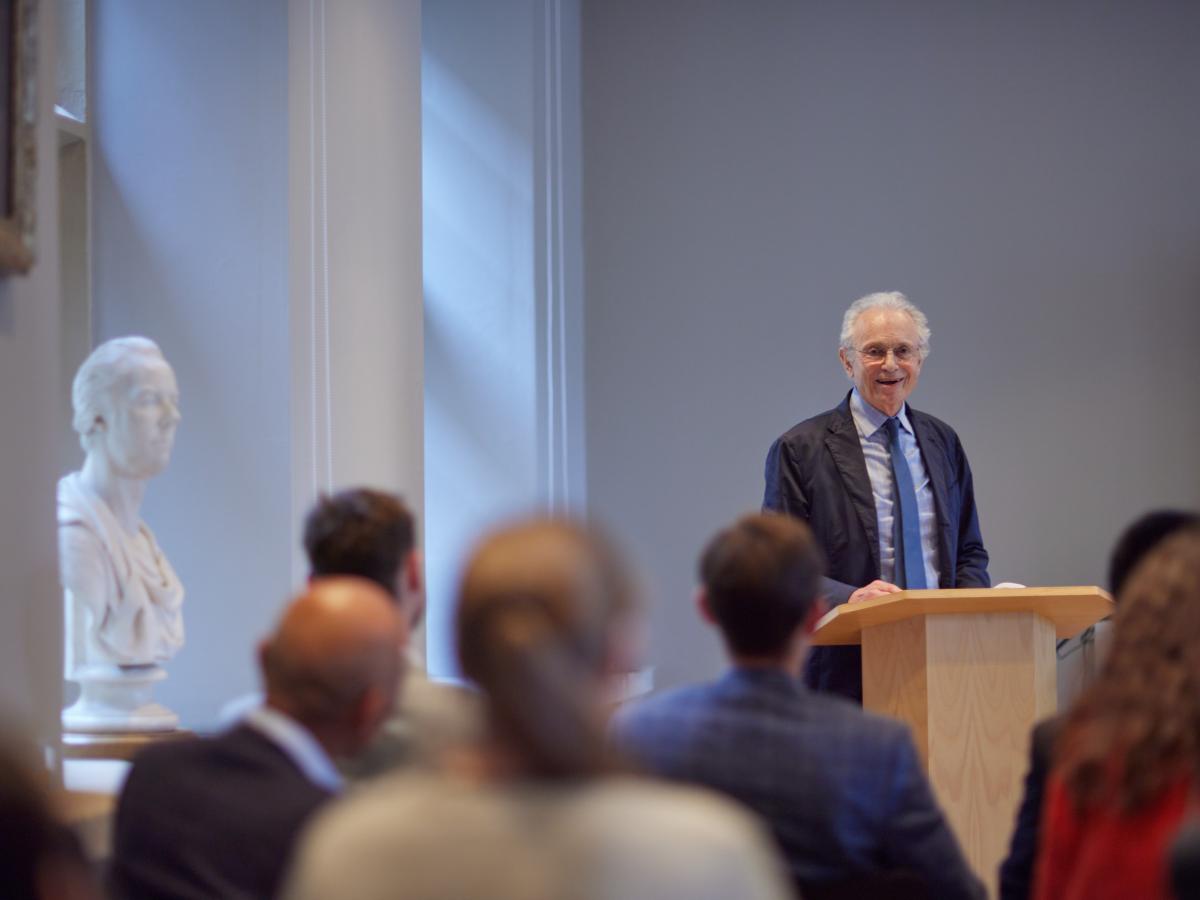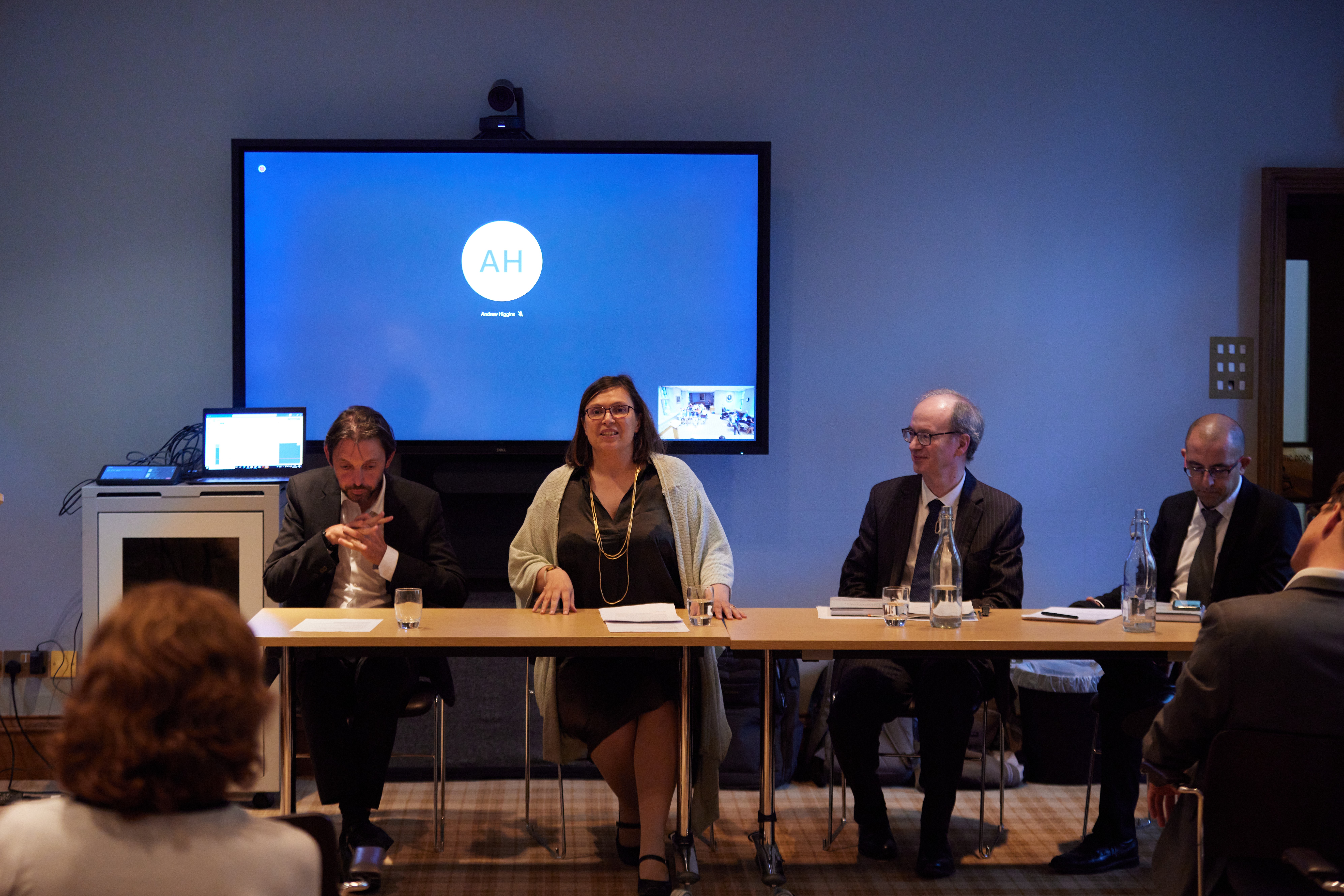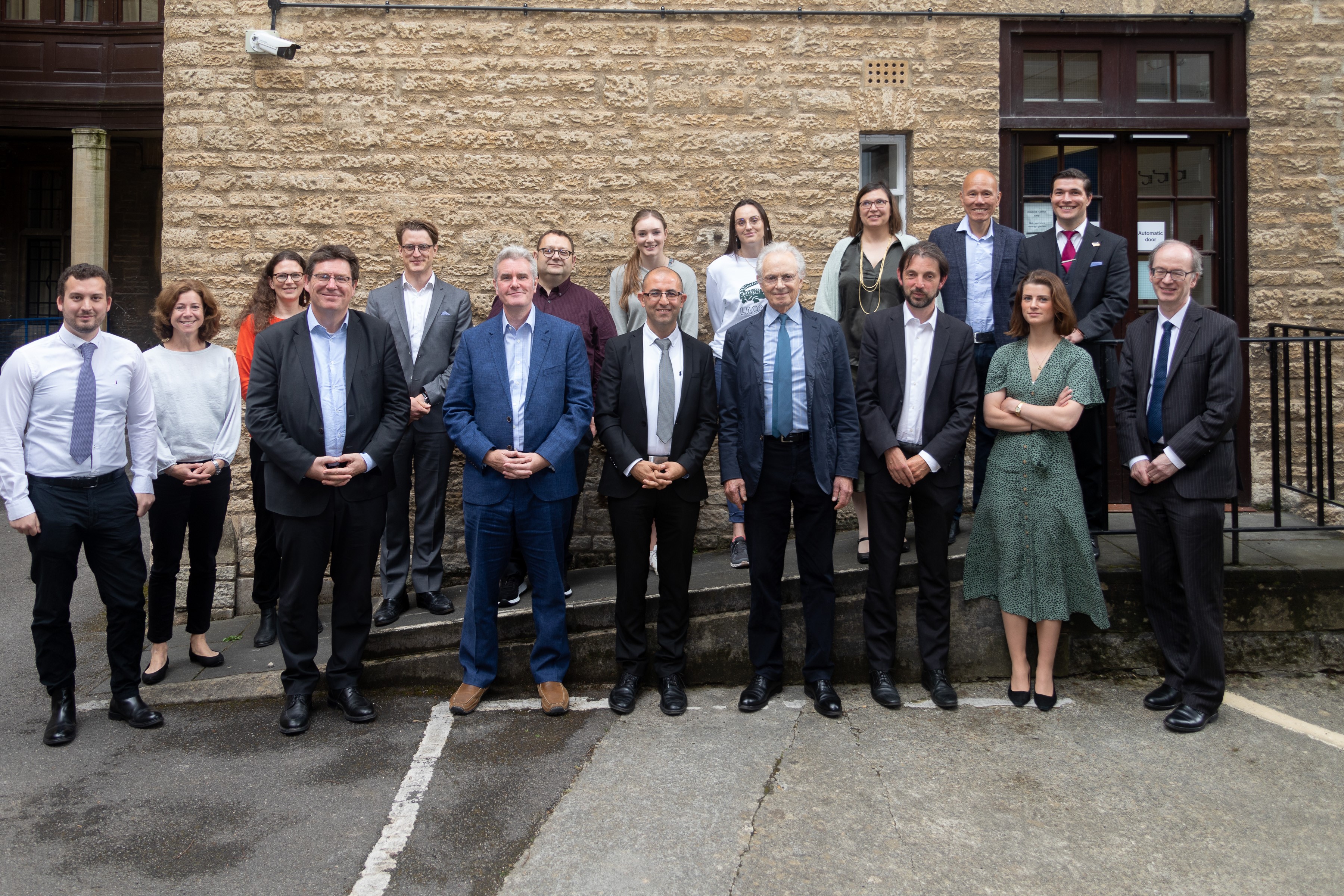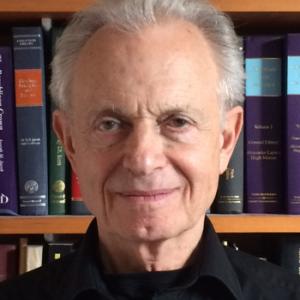‘A Man for all Processes’ – Celebrating the Work of Adrian Zuckerman
Associated people


Adrian Zuckerman is a leading authority on English civil procedure and evidence law. His work has had a major influence on the law of England, and is frequently cited in other jurisdictions as well. He was first appointed a tutorial fellow at University College in 1974, and subsequently became Professor of Civil Procedure in 2005. He continues to write on criminal procedure, his first academic interest, with Professor Paul Roberts of Nottingham University.
What stands out about Adrian’s work is his ability to take a principled approach to the most practical topics, largely free from the barnacles of voluminous and often conflicting case law. Adrian has been known to dismiss ‘black letter’ lawyering as gossip jurisprudence: "Judge 1 said X and then Judge 2 said Y and then, would you believe it, Judge 3 said something else altogether!" Adrian taught his many students, and sought to persuade the academy and the judiciary, that certainty is an important value, and in some cases an institutional imperative (as, for example, in the case of cost and funding rules), but the fact that a judge in 1833 said X, and that many judges since have faithfully restated X, says nothing about the intrinsic value of X.
Adrian’s quest for a principled approach to all matters that come before him, and his endless curiosity in seeking out new matters to examine— the latest being the role of AI in the courtroom— has led to a wealth of material that scholars, students, and judges alike have been able to mine, again and again, to aid their own understanding of procedure and evidence, and in the case of the judiciary, to help them decide hard cases where the rules provide no clear answer. Lord Dyson, the former Master of the Rolls, described his magnum opus Zuckerman on Civil Procedure as a vade mecum for any sensible judge who has a difficult issue of civil procedure to decide.

Andrew Higgins, Associate Professor of Civil Procedure, Fellow of Mansfield College.



